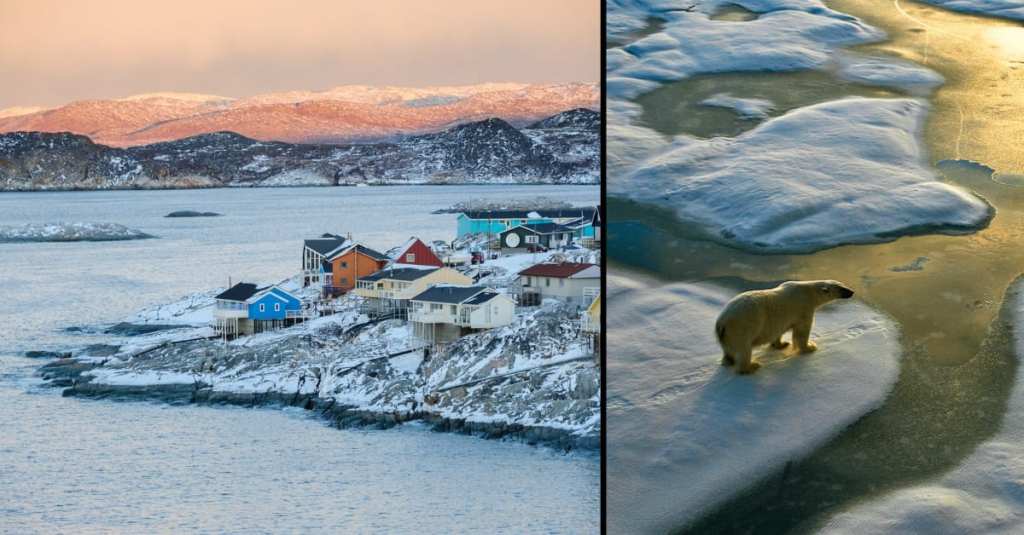According to data from NASA’s Grace satellites, Greenland lost 532 billion tons of ice over the course of 2019.
The severe dwindling of ice sheet has researchers claiming that this could be the biggest loss of the century, if not the millennia.

Image Credit: iStock
Greenland’s annual glacier loss has been an average of 255 billion tons since 2003. However, scientists are noting that 2019 showed exceptionally high melting rates.
The amount of Greenland’s ice that sunk into the ocean during 2019 could have filled seven Olympic-sized swimming pools per second.
Increased ice loss means higher sea levels, so instability in glaciers and polar ice caps means bad news for us here on land. If all of Greenland’s ice sheet happened to melt, we’d be standing about 20 feet closer to the ocean’s surface in no time.
That’s a serious concern for people living in coastal cities like Miami, Perth, and Venice.

Photo Credit: iStock
What’s happening in Greenland is the result of a bigger problem: climate change. It’s an issue that’s heating up real fast – pun intended.
Some researchers say blocking patterns in weather are causing these disastrous losses. In other words, warm air is staying in colder climates longer than it should be.
Ingo Sasgen, leader of the institute’s analysis, had this to say:
“[2019 was] really shocking and depressing in terms of the numbers. But it’s also not very surprising, because we had other strong melt years in 2010 and 2012, and I expect we will see more and more.
The real message is that the ice sheet is strongly out of balance.”
Sasgen went on to note that t Greenland’s top five record melt years occurred in the last decade. It looks like climate change is accelerating at a faster rate than ever before.

Photo Credit: iStock
While we can’t turn undo the past, it’s not too late for us to better our future.
Sasgen explains:
“If we reduce CO2, we will reduce Arctic warming and we will therefore also reduce the sea level rise contribution from the Greenland ice sheet.
So even though it might eventually disappear in large part, it happens much slower, which would be better as it would allow more time for the 600 million people living near coasts to move away.”
Rising sea levels are a heavy price to pay for climate change. Acting fast just might help us mitigate the cost.
What are some ways that you have tried to reduce your carbon footprint and combat climate change? Share with us in the comments below.






